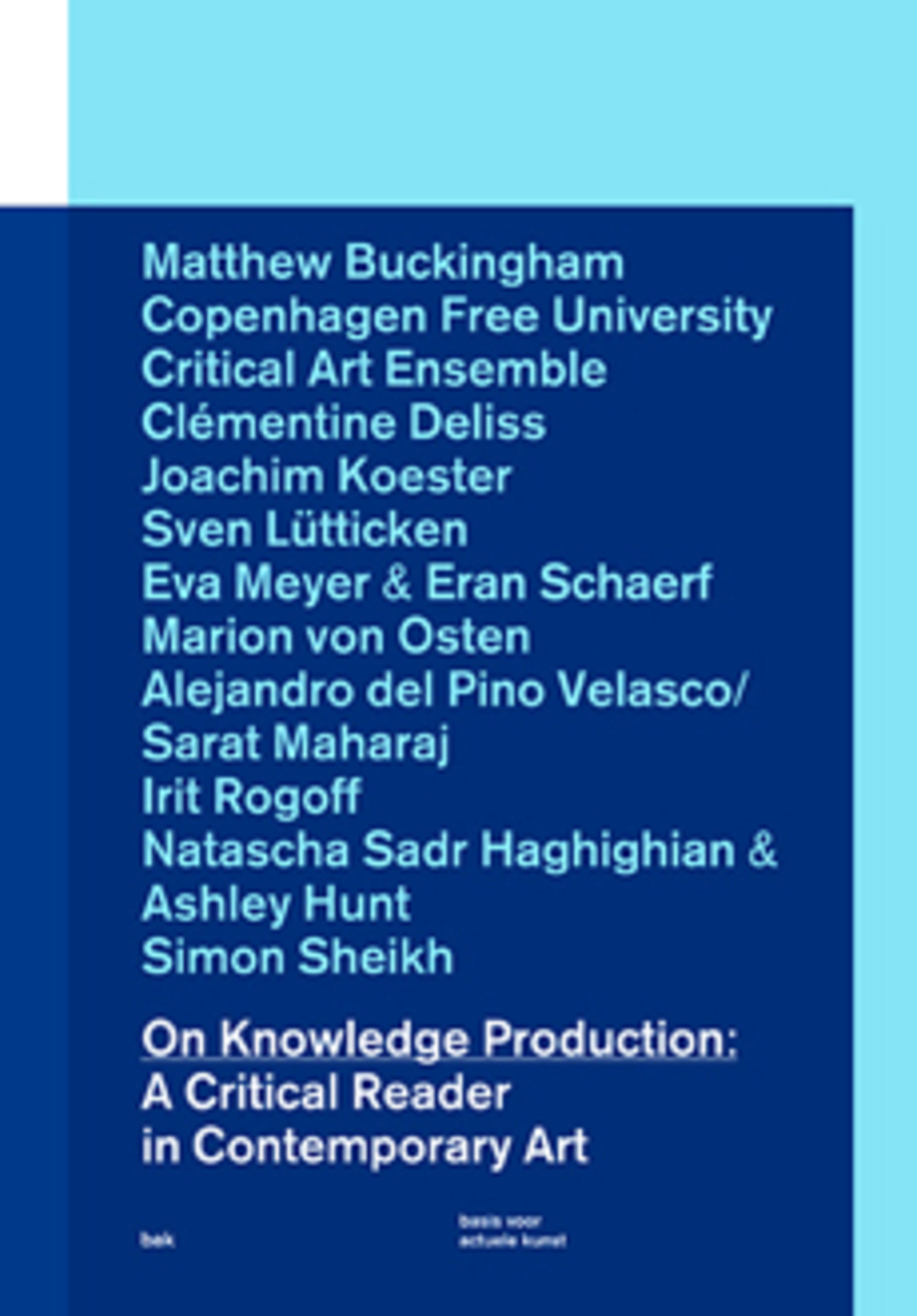Peter Drahos, John Braithwaite: Information Feudalism: Who Owns the Knowledge Economy? (2002)
Filed under book | Tags: · activism, business, copyright, economics, intellectual property, knowledge economy, law, piracy, politics, TRIPS, wto

New intellectual property regimes are entrenching new inequalities. Access to information is fundamental to the exercise of human rights and marketplace competition, but patents are being used to lock up vital educational, software, genetic and other information, creating a global property order dominated by a multinational elite. How did intellectual property rules become part of the World Trade Organization’s free trade agreements? How have these rules changed the knowledge game for international business? What are the consequences for the ownership of biotechnology and digital technology, and for all those who have to pay for what was once shared information? Based on extensive interviews with key players, this book tells the story of these profound transformations in information ownership. The authors argue that in the globalized information society, the rich have found new ways to rob the poor, and shows how intellectual property rights can be more democratically defined.
Publisher Earthscan, 2002
ISBN 1853839175, 9781853839177
253 pages
PDF (updated on 2012-6-13)
Comment (0)Virtueel Platform: Sectoranalyse E-cultuur (2011) [Dutch]
Filed under report | Tags: · copyright, creative industries, cultural politics, digital art, digital culture, innovation, intellectual property, knowledge economy, mobile technology, netherlands, new media art, web 2.0

Nieuwe kunstsector een feit: 400 miljoen euro jaaromzet voor Nederlandse digitale kunst en cultuur.
De Nederlandse digitale kunstsector heeft een jaaromzet van 400 miljoen euro en geeft werk aan ruim 10.000 mensen. Dit blijkt uit de ‘Sectoranalyse E-cultuur’ van Virtueel Platform die maandag 18 juli 2011 uitkomt. Het onderzoek werd uitgevoerd door bureau Veldkamp / TNS NIPO.
De sectoranalyse laat voor het eerst de omvang en karakteristieken zien van de relatief jonge maar snelgroeiende e-cultuursector. Een innovatieve sector die bestaat uit medialabs, kunstenaars, gamebedrijven, festivals, presentatieplekken en media- en kunstopleidingen.
In het rapport zijn vijftien Best Practice, goede voorbeelden van e-cultuur, te vinden.
Trends
Uit het onderzoek blijkt verder dat organisaties sociale media (74%) de meest belangrijke ontwikkeling van het moment vinden, op de tweede plaats komt mobiele technologie (47%). Een struikelblok blijkt onduidelijkheid over auteursrecht, waar 37% van de ondervraagden graag betere oplossingen voor ziet. Websites, interactieve installaties, mobiele media en apps en games met een educatieve of culturele toepassing zijn belangrijke producten.
Innovatieve sector
Directeur Floor van Spaendonck: “Het is nu een feit: het onderzoek bevestigt met cijfers dat e-cultuur een eigen sector is binnen de kunst, met opleidingen, producenten en afnemers. In deze sector vinden unieke experimenten met kunst en nieuwe media plaats. Daarom is het zaak dat de overheid met een stevig e-cultuurprogramma deze ontwikkeling en onderzoek blijft stimuleren. Het werk van medialabs als Mediamatic, Waag, V2_ en andere pioniers draagt wezenlijk bij aan inhoudelijke reflectie en verdieping van de kennismaatschappij”.
Publisher: Virtueel Platform, Amsterdam, July 2011
36 pages
Published under Creative Commons BY-NC
PDF (no OCR)
Comment (0)Hlavajova, Winder, Choi (eds.): On Knowledge Production: A Critical Reader in Contemporary Art (2008)
Filed under book | Tags: · art, contemporary art, education, knowledge economy, knowledge production, neoliberalism

“On Knowledge Production presents a selection of newly commissioned and anthologized texts by a diverse group of artists, art historians, philosophers, and theorists who have engaged with thinking critically about the field of art as a site for the production of knowledge. The body of contributions to this reader comprise a series of critical inquires, thought experiments, documents of practice, and tentative propositions about the status of producing knowledge in contemporary art, which vary widely in perspective, approach, and form. This selection unfolds different entry points and layers, unwrapping the (often) uncritically adopted notion of “art producing knowledge” and casting diverse views on the context, meaning, and potential of this understanding of art practices today.”
With contributions by Matthew Buckingham, Copenhagen Free University, Critical Art Ensemble, Clémentine Deliss, Joachim Koester, Sven Lütticken, Eva Meyer & Eran Schaerf, Marion von Osten, Alejandro del Pino Velasco/Sarat Maharaj, Irit Rogoff, Natascha Sadr Haghighian & Ashley Hunt, and Simon Sheikh.
Edited by Maria Hlavajova, Jill Winder, and Binna Choi
Publisher BAK-basis voor actuele kunst, Utrecht, and Revolver, Archiv für aktuelle Kunst, Frankfurt am Main
ISBN 9789077288115 (BAK), 9783865884664 (Revolver)
223 pages
Out of print
PDF (no OCR, updated on 2017-4-2)
Comments (2)
